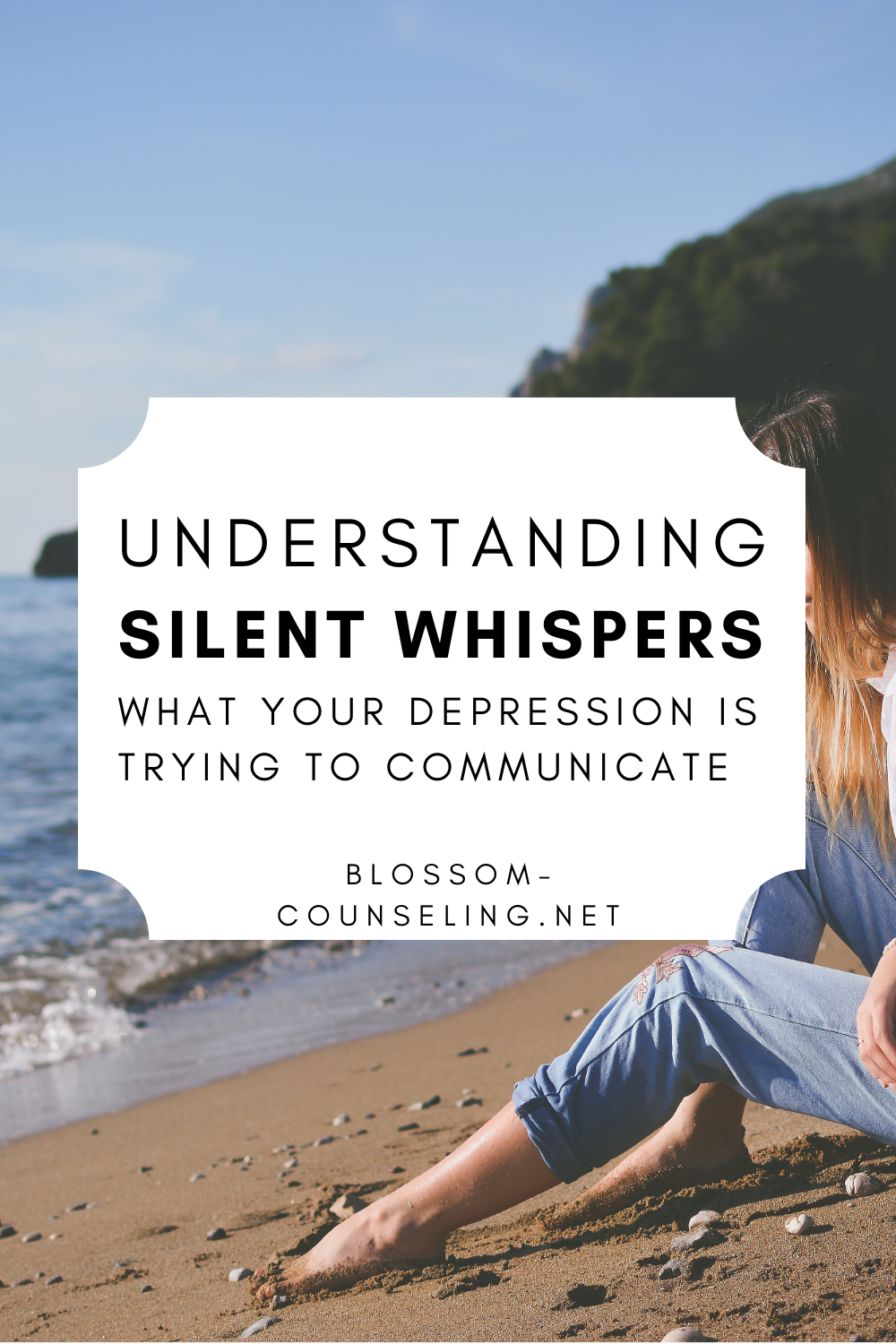
In the midst of depression’s shadow, it’s easy to get lost in the darkness, feeling isolated from the rest of the world. This mental health challenge whispers words of despair and creates a fog that can seem impossible to navigate. Yet, what if we viewed depression not just as a burden but as a messenger? What is it trying to communicate, and how can we listen and respond to its call for change?
Depression, in its essence, signals that something within us or in our environment is out of balance. It’s the mind’s way of pressing the pause button, urging us to reflect, reassess, and realign our lives with what truly matters. By understanding the messages hidden within our feelings of depression, we can uncover pathways to healing and transformation.
A Call for Connection
Often, depression speaks to our innate need for connection. In today’s fast-paced world, where digital interactions often replace face-to-face connections, feelings of isolation and loneliness can become overwhelming. Depression might be signaling a deep-seated desire to form meaningful relationships, to feel understood, and to share our inner world with others. This is a reminder to reach out, to share our stories, and to allow the healing power of connection to work its magic.
The Need for Self-Care
Depression frequently highlights the neglect of our own needs. Whether it’s the absence of self-compassion, ignoring our physical health, or not giving ourselves permission to rest and recharge, depression calls attention to these areas. It urges us to prioritize self-care, emphasizing the importance of nurturing our mind, body, and spirit. Integrating regular self-care practices can be a transformative step towards lifting the weight of depression.
An Invitation to Explore Our Thoughts and Beliefs
The way we think influences how we feel. Depression often magnifies negative thought patterns, leading to a cycle of despair and hopelessness. However, this also presents an opportunity to explore and challenge these thoughts. Cognitive-behavioral therapy (CBT), for example, can be an effective way to identify and reframe negative beliefs, providing a new perspective on our experiences and ourselves.
A Prompt to Rediscover Purpose and Passion
Sometimes, depression is a signal that we’ve drifted away from our passions and purpose. The things that once brought joy and fulfillment may have been sidelined by the demands of daily life. Depression invites us to revisit these aspects of ourselves, encouraging us to engage in activities that resonate with our core being. Rediscovering what truly excites and motivates us can reignite a sense of purpose and direction.
A Nudge to Seek Professional Support
Importantly, depression encourages us to seek support. There’s immense strength in acknowledging when we need help and taking steps to find it. Mental health professionals can provide the guidance, tools, and understanding necessary to navigate depression. Therapy can be a safe space to explore our feelings, understand the messages our depression is trying to communicate, and develop strategies to move forward.
While depression can be a daunting adversary, it also serves as a catalyst for profound personal growth and change. By listening to what our depression is trying to tell us, we can uncover valuable insights into our needs, thoughts, and desires. This understanding can empower us to take actionable steps towards healing, helping us emerge stronger, more connected, and more aligned with our true selves. Remember, you’re not alone on this journey, and support is always available to guide you through the darkness towards the light.
|
|




